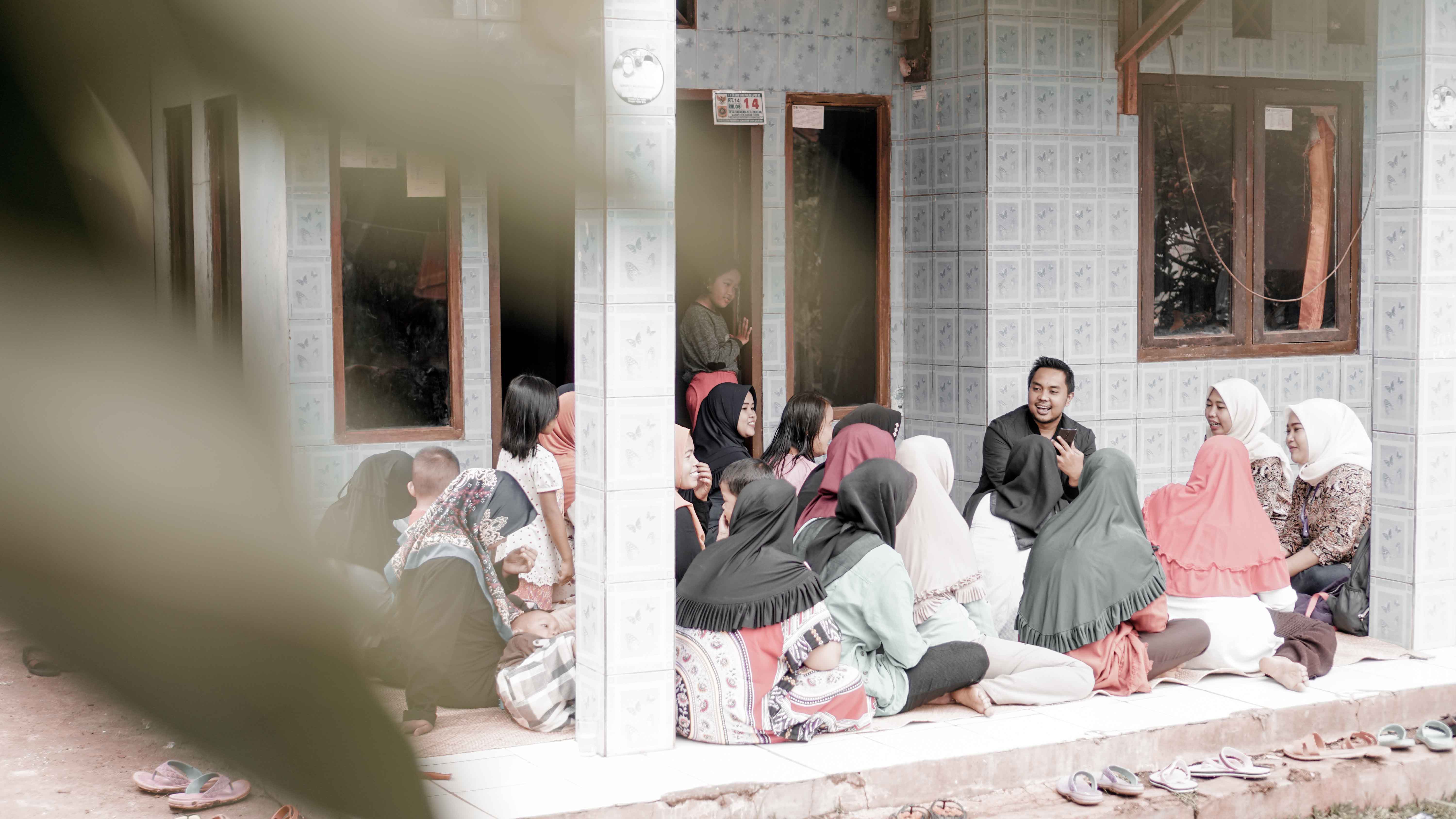Peer-to-peer lender Amartha aims to double the amount of loans it channels to women running microbusinesses in rural Indonesia to about IDR 13 trillion (USD 894 million) by 2025, the startup’s founder told Nikkei Asia in a recent interview.
Amartha runs an online marketplace that channels capital from urban investors to female microentrepreneurs in the form of loans. This allows them to raise working capital for their businesses. The company recently reached its millionth female borrower.
But founder and CEO Andi Taufan Garuda Putra says that is just the start. “It’s still [a] small [amount] compared to the 30 [million] to 50 million potential customers that we [can] serve,” he said.
Taufan, who earned a master’s degree in public administration at Harvard University, founded Amartha in 2010. The company has since raised capital from investors including MDI Ventures, a unit of Indonesia’s biggest telecom company, Telkom Indonesia, and Mandiri Capital, the corporate venture capital arm of Indonesia’s Bank Mandiri. Those investments went straight to Amartha and were not used to purchase loans.
Of Amartha’s borrowers, 60% are microentrepreneurs operating in the trading sector, including proprietors of warung—small stores found throughout the archipelago that sell groceries and other daily necessities. Taufan said the company is betting that the digitalization of such stores will be a big growth sector.
Investor interest in Indonesia’s peer-to-peer lending industry remains strong despite the COVID-19 pandemic weighing on borrowing, especially in the retail grocery sector. Last year, Amartha received USD 7.5 million in funding from Norfund, Norway’s state-owned investment fund focused on developing countries. Investree, another Indonesian peer-to-peer fintech platform, also received USD 10.5 million in debt financing from Swiss investment house responsAbility.
But global inflation sparked by soaring energy prices and the war in Ukraine have cast a pall over the outlook for markets in general, including the technology sector. In Indonesia, the share price of the country’s largest startup, GoTo, has floundered since its initial public offering in April, while other regional tech darlings, such as Singapore’s Grab and Sea, are also facing headwinds.
Asked about future IPO plans, Amartha’s Taufan said: “We are ready to take the opportunity,” though he offered no specifics on timing, saying only that it will come “when the window is open.”
The company says its revenue more than doubled in 2021 from the year before, with a positive EBITDA—or earnings before interest, taxes, depreciation, and amortization—though did not offer totals. It says its nonperforming loan ratio is less than 0.5%.
Jakarta-based Amartha says it offers “reasonable interest rates, based on a machine learning system to ensure credit score quality and keep our borrowers from [excessive] debt,” but it does not disclose the rates it charges.
The company channels funds from individual investors in Indonesian rupiah to borrowers through its website marketplace, with more than 100,000 investors taking part. Borrowers are matched with investors based on investors’ risk appetite. The company touts potential returns of up to 15% per loan.
Female microentrepreneurs in rural Indonesia face difficulties raising funds and accessing financial services such as basic banking. “No one believed in them,” Taufan said. “It’s because they don’t have bank track records. They mostly do not have a bank account, they do not have transactions in their bank account.”
Research by Google, Temasek, and Bain & Co. in 2019 found that 47 million people in Indonesia—which has a population of more than 270 million—were “underbanked,” and 92 million were “unbanked,” by far the largest number in Southeast Asia. The underbanked refers to people with bank accounts but insufficient access to services like credit, while the unbanked are those without bank accounts.
Since its inception, Amartha has offered services across 20,000 villages in Indonesia, including on the islands Java and Sumatra. “We will continue to expand to more villages in other locations in the eastern part of Indonesia, like Nusa Tenggara [and] Kalimantan,” Taufan said. The provinces of West Nusa Tenggara and East Nusa Tengara are in the country’s southeast, while Kalimantan is the Indonesian portion of the island of Borneo.
“We are accelerating digital evolutions in the rural communities,” said Taufan, who previously served as an adviser to President Joko Widodo. “These warungs that [are] owned by Amartha’s borrowers can become payment points for digital transactions, for cashless prepayment, for bill payments, for balance top-up and other digital products.”
Asked if Amartha is in talks to buy a stake in a local Indonesian bank as the company expands its digital payment services, Taufan said, “We are open to look for any potential opportunities and avenues for our business development efforts.”
This article first appeared on Nikkei Asia. It has been republished here as part of 36Kr’s ongoing partnership with Nikkei.

